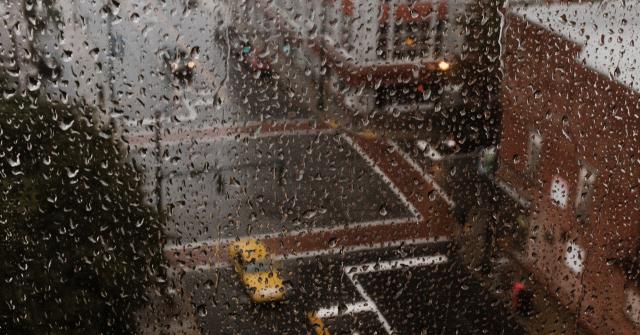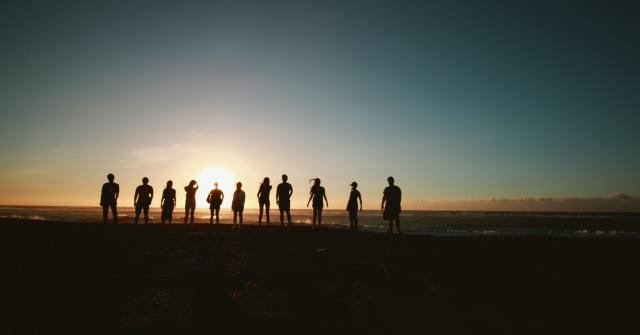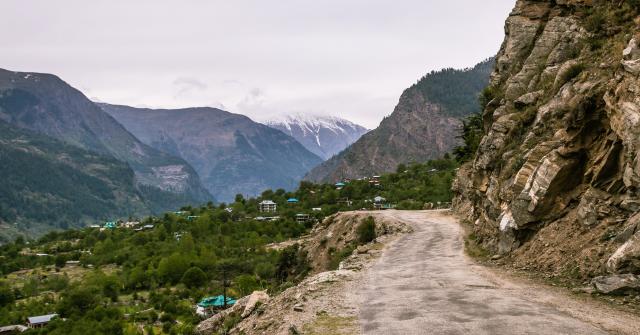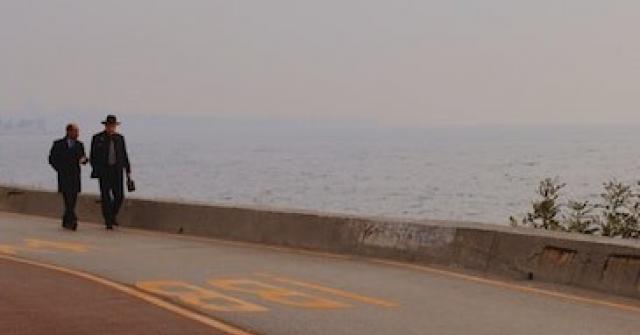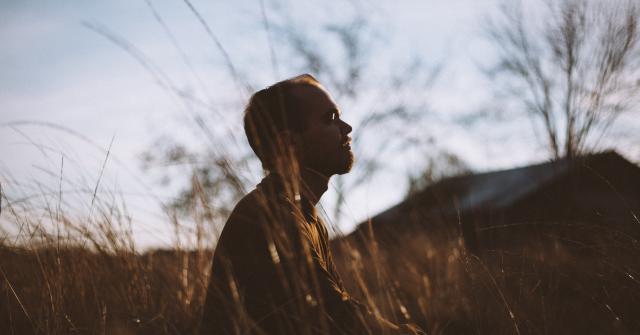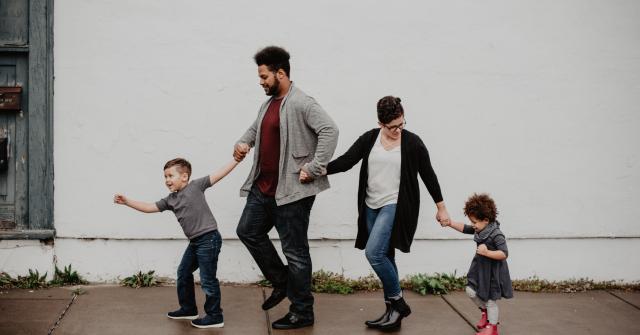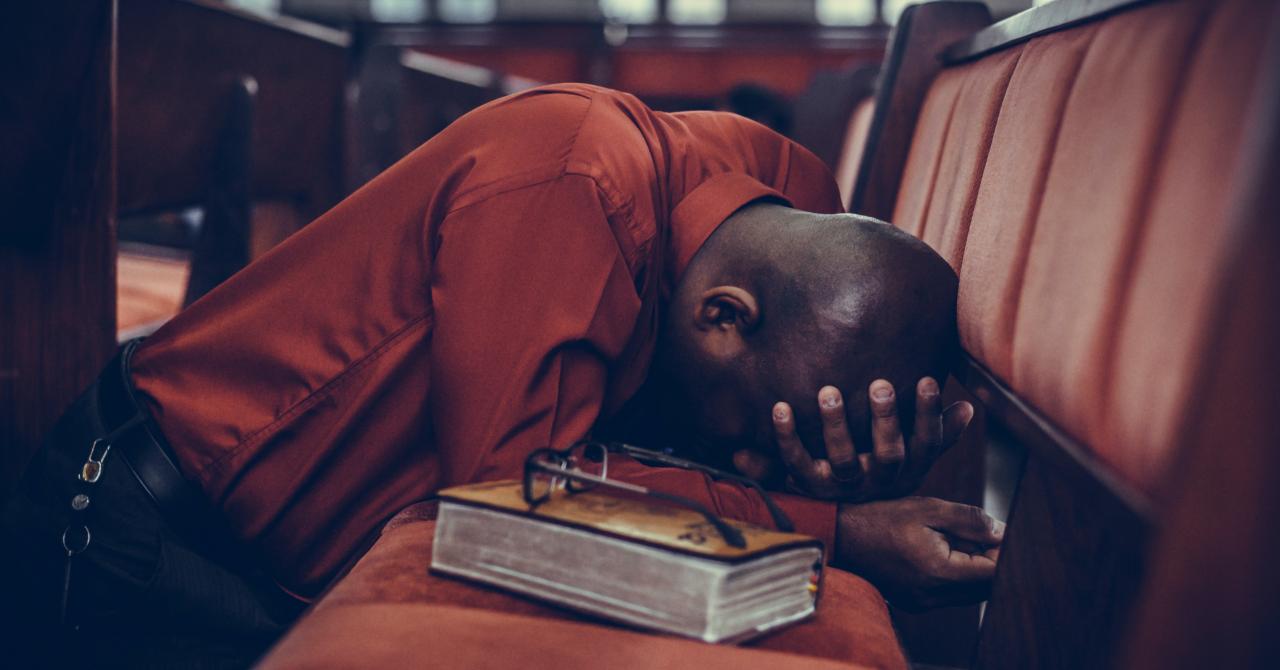
Justice and Prayer at the Heart of Creation
Justice and prayer are fundamentally interconnected within God’s created purpose for humanity. We were made for intimacy with God; and we were made to do good.
We see this in Genesis 1–3. Humans are created to fellowship with God. They walk with Him in the cool of the day, and the great disaster of sin is broken relationship with God (and subsequently with each other and with creation). Prayer calls us back into the practice of intimacy, the walking with God in the cool of the day. It is not simply a functional tool for intercession, mission or justice. I recall sitting in Room #504 of the Empress Hotel, overlooking Main and Hastings, asking God if I was wasting my time in prayer when there was so much visible pain on the streets below me. “Yes,” came the response, “waste your time on Me. I am worth wasting your time on.” This is why when people ask me if prayer works I say, “Yes, every time. I don’t always get an answer, but I always get an audience.” We were made to pray. Intimate communion with God will endure in glory beyond all our tears, injustices, mourning and intercession.
But here and now, within this veil of sorrow and trial, our prayerful connection with the Lord is meant to lead us into doing good.
Genesis 1 supports this. In the beginning “the earth was without form and void, and darkness was over the face of the deep.” These descriptions—“without form”, “void”, “darkness”—are not good things. Every time they appear in Scripture (usually through the phrase Tohu Wa-bohu, which translates as void, emptiness, darkness, confusion, vanity, waste), they are shown to be destructive and in need of correction and redemption. God’s act of creation has the purpose, in part, of shaping the form, filling the void, lighting the darkness. And we are key actors within that purpose.
This is emphasized all throughout Scripture, not least in Ephesians 2:10: “For we are his workmanship, created in Christ Jesus for good works, which God prepared beforehand, that we should walk in them.”
How do we participate in good works?
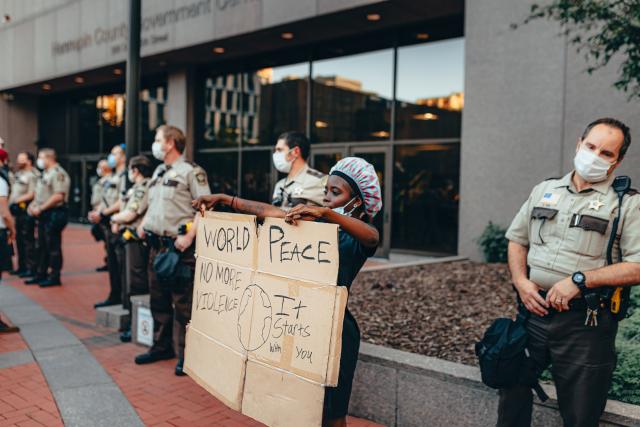
“Child of God” is a familial term, but also a vocational term. Children grow up to participate in the work of their parents. Everywhere we see void, darkness, chaos in our world—whether it be racism, abuse, homelessness, displacement, addiction, trafficking, loneliness—we know that we were created to address these things as children of the Father. Think of how the mission of the Church is described in the New Testament: bringing the ministry of reconciliation; shining light in darkness; rescuing people from death; setting the lonely in families; casting out demons; healing sickness; and overcoming the devil—the champion of tohu wa bohu—with the blood of the Lamb and the word of our testimonies.
The integration of prayer and justice is why we were made. So there is the greatest danger when they are separated.
When prayer is separated from justice it runs the risk of becoming entirely internalized, self-absorbed, individualistic, concerned solely with our own personal development. Prayer—indeed faith—becomes an excuse to not do anything, (which is why the phrase “thoughts and prayers” needs to be retired; it is heard now as a deflection from responsibility).
Genuine prayer leads us always more deeply into the heart of the Father, through the Son, by the Spirit. Which means that genuine prayer is going to lead us always more deeply into the things that God cares about. If prayer does not lead us into justice, then perhaps we are not truly communing with God.
Matthew the Poor says,
The road to union with God is not a one-way street ending solely with God; on the return journey it leads back to one’s neighbour, the stranger, one’s enemy, and toward all creation. He who unites himself to God undertakes to consider how he should unite himself to all and takes no rest until that union has been accomplished.
Justice separated from prayer is equally troubling for Christians. It tends to lead to unchecked anger, judgment, polarizing, and labeling. We try to recruit God to our political side and demonize our opposition. This creates echo chambers where we only talk with people who already agree with us, and then wonder how the other side could be so stupid, ignorant, bigoted and monstrous. It is so much easier to mock, unfriend and de-platform than it is to lovingly engage in relationships with others and in actual conversations about injustice.
This is why Thomas Merton said:
Without contemplation, without the secret, silent pursuit of truth, our action loses itself in the world and becomes dangerous.
and Jacques Ellul:
Prayer is the opposite of an adaptation to the world, and the opposite of the kinds of works this world demands.
In our haste to act we must remember that justice is utterly on God’s heart, and He is the One to best direct our way. Authentic prayer will never make us less invested in justice. Prayer should reveal our hearts in this. If prayer does not lead us into justice, we should ask if we have really been communion with the God of the Bible. But prayer also reveals that justice as a concept is not what we were created to love. As children of God our primary relational and vocational responsibility is loving obedience to God, faith in his commands, and compassion for his people, especially for the poor. When we fall in love with our idea of justice the cause can become more important than the people involved, and we also feel free to dismiss others as enemies. When we fall in love with God, however, we will become united with his love for the oppressed, and we will learn to see even our enemies as precious children of God whom we are invited to love.
May we learn to pray and to do good, and so grow into our created purpose in the world.
Aaron White is the National Director of 24/7 Prayer Canada. Check out 24/7 Prayer at: www.247prayercanada.com/
